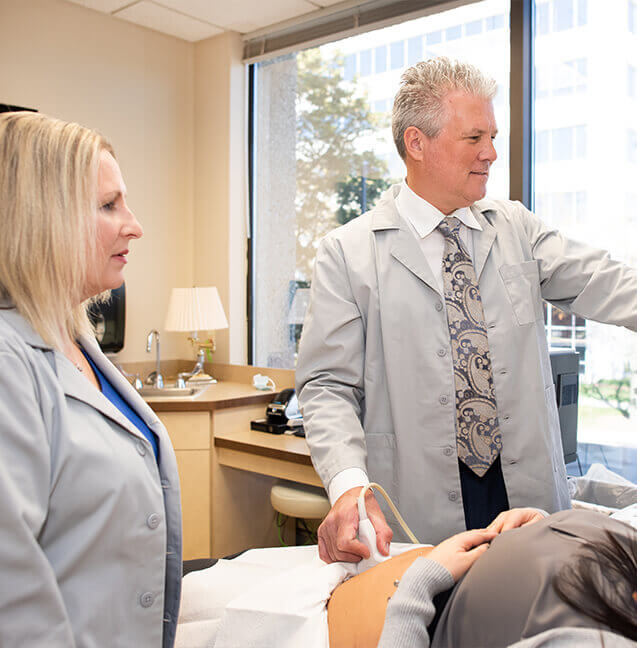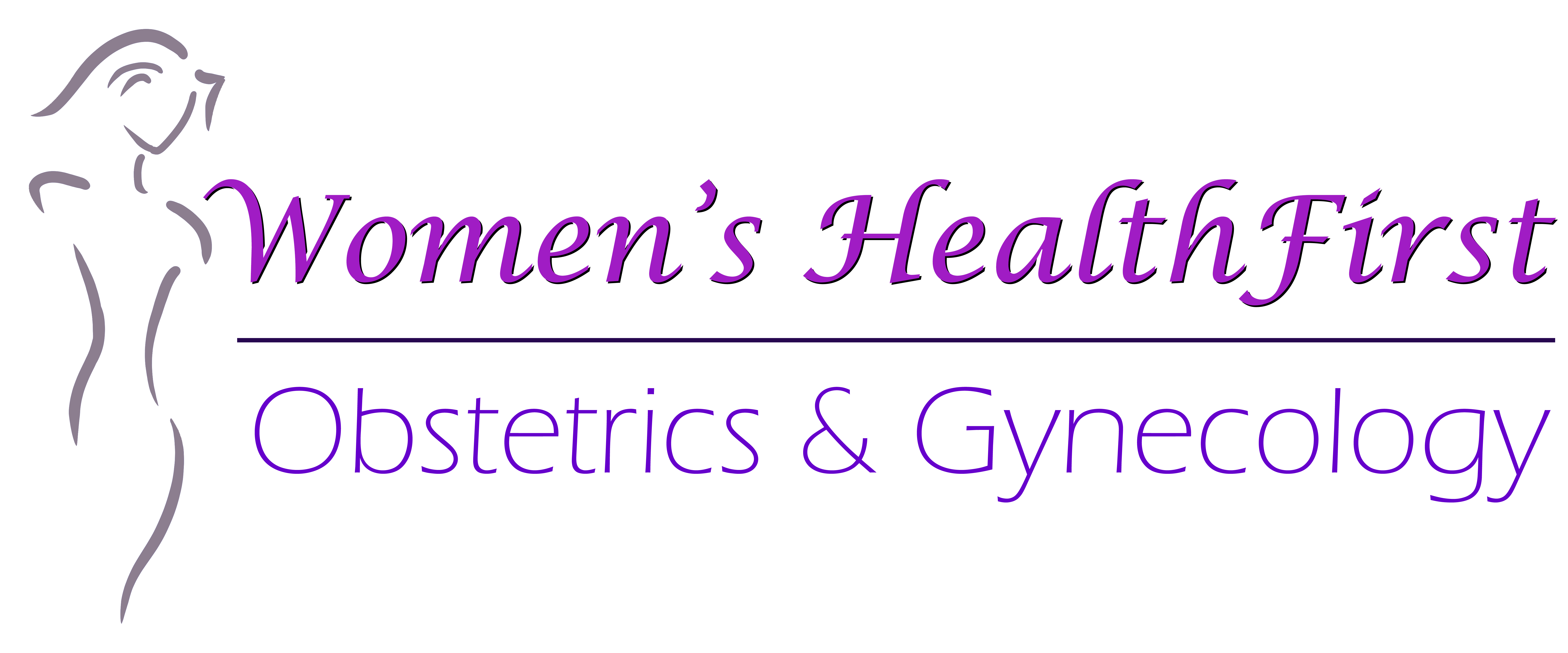Fibroid Surgery | Myomectomy
Fibroid surgery or myomectomy is a surgical procedure performed to remove fibroids in the uterus, also called uterine fibroids or leiomyomas. Fibroids are benign (noncancerous) smooth muscle growths in the uterus. In most women, they develop during the childbearing years, however, they can occur at any age. Uterine fibroids often cause heavy menstrual bleeding, painful cramps, and heaviness.
Unlike a hysterectomy, during a fibroid surgery, our surgeons will carefully remove the fibroids or a small part of the uterus that has these growths. The uterus is then reconstructed. Most women experience improvement in their symptoms after undergoing fibroid surgery.
Why Is Fibroid Surgery Performed?
While many women with uterine fibroids are asymptomatic, this condition can often be debilitating. Women with uterine fibroids can experience heavy menstrual bleeding, painful periods and cramps, heaviness in the abdomen, and discomfort. In such cases, a hysterectomy or fibroid surgery is recommended.

Our doctors will carefully assess you and discuss various factors to make sure you are the right candidate for fibroid surgery. Such situations include:
- If you plan to bear children or get pregnant in the future
- If our doctors suspect that your uterine fibroids might be a cause of your infertility
- You don’t want your uterus to be removed
While our surgeons make sure that they provide you with the best surgical treatment, there are always some risks associated with any surgery, including fibroid surgery. Some of the complications associated with fibroid surgery are:
- Excessive blood loss – Many women with uterine fibroids are anemic due to their heavy menstrual blood loss. During the surgery, these women are at a higher risk of excessive blood loss. Our doctors will correct any underlying anemia before going for surgery.
- Scar tissue – Develop due to incisions made for removing fibroids.
- Pregnancy or birth complications – While fibroid-removing surgery might help to increase your fertility, it may, in the long-term, cause pregnancy complications. This might happen, for example, due to the development of scar tissue.
You discuss the benefits and risks of this procedure in detail with our healthcare providers.
Types of Fibroid Surgery
The type of surgery you will undergo will depend heavily on the size, number, and location of the fibroids in your uterus. There are a few types of fibroid surgery, such as:
- Hysteroscopic myomectomy
- Laparoscopic myomectomy
- Robotic-assisted myomectomy
- Abdominal myomectomy
Nearly all these types of surgeries are minimally invasive with the exception of the abdominal myomectomy, which requires a large incision across the abdomen.
Procedure
If you choose to undergo a myomectomy, our physicians will guide you thoroughly regarding the preparation and any risks involved in the surgery. Generally, you are advised to stay fast for a couple of hours before your surgery.
Right before your surgery, you’ll be administered anesthesia, which could be general anesthesia or monitored anesthesia care (MAC). You can get more information about the type of anesthesia you are about to get. Also, be sure to mention if you have had any anesthetic complications in any procedures before.
After the anesthesia, the surgeons will either perform an abdominal fibroid surgery (myomectomy) or other noninvasive fibroid removal surgeries. Abdominal fibroid surgery is done by placing a relatively large incision on the abdomen, hence having more potential for complications. The noninvasive fibroid surgeries include laparoscopic or robotic fibroid surgery and hysteroscopic fibroid surgery. These types of surgeries are less invasive and hence, have fewer complications.
Results
For most cases, the following outcomes may occur:
- Symptomatic relief – Removing fibroids from your uterus is most likely to reduce heavy menstrual bleeding, pain, discomfort, and any other complications associated with them, e.g., anemia.
- Fertility improvement – If your doctor prescribed fibroid surgery to improve fertility, this surgery usually increases your chances of getting pregnant. The increase in fertility most often occurs after a year of your surgery as your uterus fully heals.
Myomectomy Procedures in Palatine, Schaumburg, Hoffman Estates, & Bartlett, IL
For more information, call Women’s HealthFirst at (847) 808-8884 or request your appointment now. We have four locations near Chicago, Illinois, to serve you. Established patients are encouraged to visit the convenient online patient portal to request an appointment, message our team, or update their records, and much more.

